Summit to Sea: 2018 Youth Ocean Rangers Training
Overview
The Youth Ocean Ranger Training Program launched its Summit to Sea expedition on World Oceans Day, from June 8-16, 2018. Endorsed by the National Oceanic and Atmospheric Association’s (NOAA’s) National Marine Sanctuary program, students who completed the course becae certified Youth Ocean Rangers recognized for their citizen science merits. In collaboration with the Florida Keys National Marine Sanctuary, students participated in field research and coral out-planting to observe, report, and implement solutions that make our land-to-sea connection more sustainable.
Ocean Science in the Florida Keys
Inland youth, ages 13-18, spent one week in the Florida Keys snorkeling, scuba diving, restoring coral, kayaking through mangroves, learning about climate change, and more. The weeklong Ocean Ranger training included:
- Residence at Pigeon Key: Students exclusively occupy this small island with its on-site science facility, dormitory, and beachfront access to the Florida Keys.
- Scuba and Snorkeling: Students that are scuba certified have a minimum of two 2-tank dives to outplant coral along reefs targeted for restoration. Hosted by the Coral Restoration Foundation, inland students have expert-led dive excursions through coral nurseries, reef restoration locations, and make real impact by hands-on implementation of proven solutions.
- Kayak through Mangroves: Youth discover the fascinating relationship between land, mangroves, and reefs by experiencing the essential habitat mangroves create, and why it’s necessary to protect and restore them.
- Angler Citizen Science – Sustainable Fishing: Students use catch and release angler fishing to conduct research on regional reef fish and report this science data to the local fishery.
- Climate Change and Solutions: Students learn the scientific basis of climate change, as well as the connection between consumer behavior, its impact on the ocean and the economy, and why younger generations should care.
- Solutions for Plastic Pollution: Youth participate in marine debris collection and sorting, discover new ways to reduce plastic, and learn how recent technological innovations can help us reuse and recycle more efficiently than ever. They will also learn about how some communities don’t recycle at all and how to advocate for a recycling program in communities without them.
- Innovations and Inspiration: Students learn how developments in artificial intelligence (AI), robotics, communications, and other high-tech modalities play vital roles in sustainability. For example, youth operate submersible robots for water sampling and operate drones to observe sharks. Students measure and assess their physical attributes and learn how technological innovation is imperative to saving overexploited species.
- Social Responsibility: One of the core goals of the Inland Ocean Coalition is to create cultural shifts and to empower youth by facilitating inclusion. Students have the opportunity post-training to build their educational network and to distribute their video recordings, robotic research, and possible virtual reality (VR) video throughout their community.
The weeklong Youth Ocean Ranger training concludes with a graduation ceremony and group discussion on how students can use their Ocean Ranger training to make positive changes at home for lasting social impact.
What to Expect
Day 1: Fly to Florida and travel to Key Largo, welcome reception, "World Oceans Day Celebration."
Day 2: Participate in the Coral Restoration Foundation's annual "Coral Palooza" where students scuba dive in coral nurseries and out-plant among protected reefs. Students also participate in the March for the Ocean in Key Largo.
Day 3: Beach time! Students have a day of rest and relaxation at the Key Lime Sailing Club and Cabins; unlimited access to sail boats, paddle boards, kayaks, and shore front swimming; beach BBQ and and outdoor video (photographic reef Anthology).
Day 4: Arrive at Pigeon Key - participate in the open water swim and snorkel workshop, marine habitat scavenger hunt, and oxybenzone discussion.
Day 5: Kayak through mangroves, learn about shark biology, operate ROV shark research drones, and introduce REEF citizen science project.
Day 6: Scuba dive and snorkel at Sombrero Reef, participate in conservation angling, and learn about the scientific basis of ocean acidification.
Day 7: Scuba dive and snorkel at Looe Key, engage in marine debris citizen science at Bahia Honda beach, and learn about invasive species in the Florida Keys.
Day 8: Excursions to the Turtle Hospital, Dolphin Research Center, and exploration through nocturnal tide pools.
Day 9: Plastics discussion and solutions from inland sources to ocean gyre collections; fly home.
Student Safety
All students scuba diving are automatically enrolled in the DAN Dive Accident Insurance Program, which is included in the price of the Youth Ocean Ranger Training. DAN insurance provides at-site helicopter evacuation specializing in scuba rescue. To learn more, please visit the DAN website.
Pricing
The Inland Ocean Coalition’s goal is to make the Youth Ocean Ranger training accessible to as many students as possible who are interested in positive social and ecological change.
Ocean Science in the Florida Keys: Approximately $2,200 per student
Includes airfare, insurance, room, meals, transport (bus and catamaran), and two 2-tank dives with professional dive masters.
Incidentals are not included.
Application
Apply online to reserve your training as a Youth Ocean Ranger in the Florida Keys. All applications must be submitted by February 15, 2018. Participants will be notified by February 21, 2018 of acceptance. There is no fee to apply.
The Parent Meeting for all accepted participants occurs on February 27, 2018 at which time a non-refundable $400 deposit is due. Please contact Jenifer Atkinson, Inland Ocean Coalition Sustainability and Stewardship Board Advisor for more information. Please email a letter of recommendation from a teacher to Jenifer Atkinson.
Our Partners
The Inland Ocean Coalition is pleased to include and receive support from the following education, science, and foundation partners:

